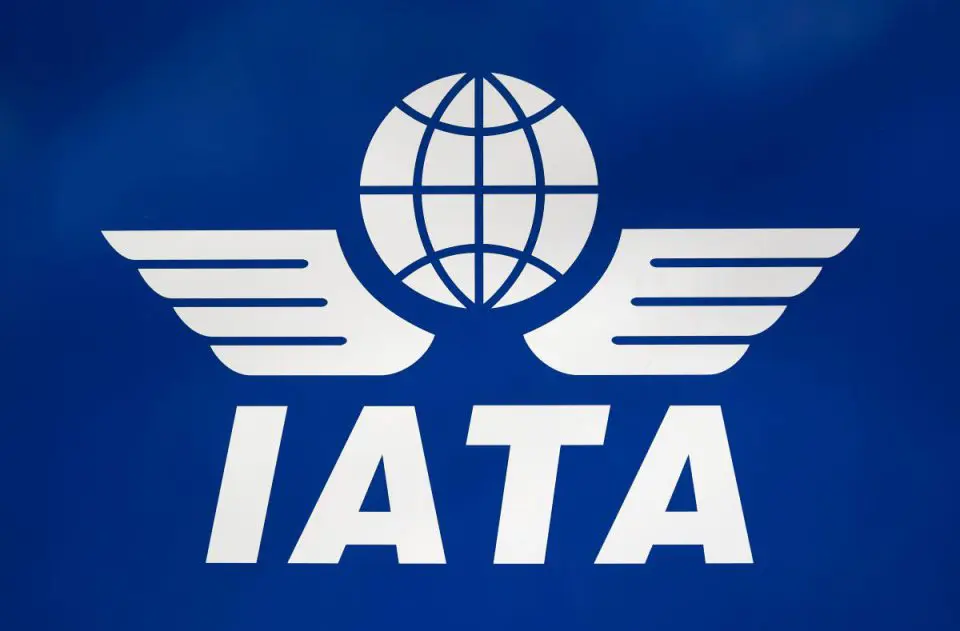KUALA LUMPUR, Sept 10 — The International Air Transport Association (IATA) has urged governments and industry stakeholders to have a comprehensive plan to ensure that they are fully prepared when Covid-19 vaccines are approved and available for distribution.
The association also warned of potentially severe capacity constraints in transporting vaccines by air.
It said air cargo plays a key role in the distribution of vaccines in normal times through well-established global time and temperature-sensitive distribution systems.
“This capability will be crucial for quick and efficient transport and distribution of vaccines when they are available, and it will not happen without careful planning, led by governments and supported by industry stakeholders,” IATA said in a statement today.
Director general and chief executive officer (CEO) Alexandre de Juniac said safely delivering Covid-19 vaccines will be the mission of the century for the global air cargo industry.
“We urge governments to take the lead in facilitating cooperation across the logistics chain so that the facilities, security arrangements and border processes are ready for the mammoth and complex task ahead,” he said.
Meanwhile, CEO of Gavi, the Vaccine Alliance, Dr Seth Berkley said delivering billions of doses of vaccine to the entire world efficiently will involve huge complex logistical and programmatic obstacles all the way along the supply chain.
“We look forward to working together with government, vaccine manufacturers and logistical partners to ensure an efficient global roll-out of a safe and affordable Covid-19 vaccine,” he added.
Elaborating further, IATA said on top of the transport preparations and coordination needed, governments must also consider the current diminished cargo capacity of the global air transport industry.
“We warned that, with the severe downturn in passenger traffic, airlines have downsized networks and put many aircraft into remote long-term storage.
“The global route network has been reduced dramatically from the pre-Covid 24,000 city pairs. The World Health Organisation, Unicef and Gavi have already reported severe difficulties in maintaining their planned vaccine programmes during the Covid-19 crisis due, in part, to limited air connectivity,” it said.
The potential size of the delivery is enormous. Providing a single dose to 7.8 billion people would fill 8,000 747 cargo aircraft.
Land transport will help, especially in developed economies with local manufacturing capacity. But vaccines cannot be delivered globally without the significant use of air cargo, IATA said.
De Juniac said even if IATA assumed that half of the vaccines can be transported by land, the air cargo industry will still face its largest single transport challenge ever.
In planning their vaccine programmes, particularly in the developing world, he said governments must take very careful consideration of the limited air cargo capacity that is available at the moment.
“If borders remain closed, travel curtailed, fleets grounded and employees furloughed, the capacity to deliver life-saving vaccines will be very much compromised,” added de Juniac.
— Bernama





